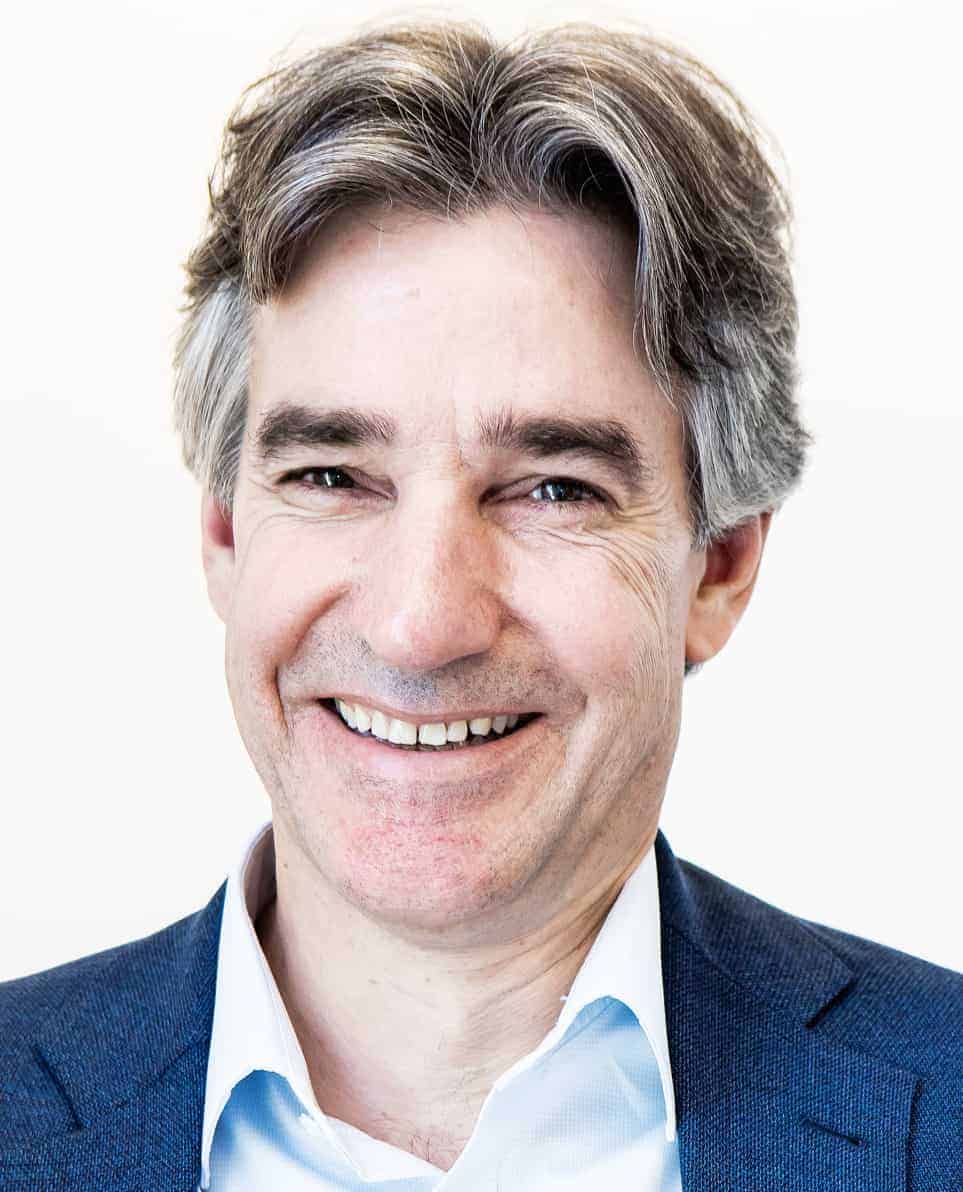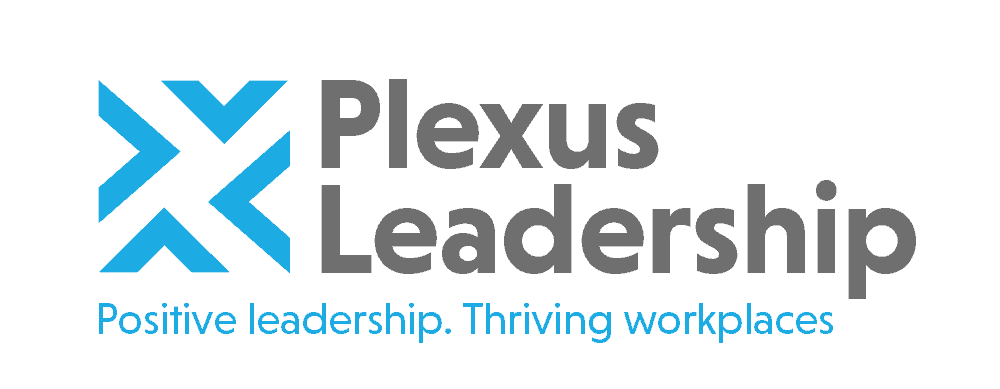For anyone else like me who enjoys hiking and the outdoors, the Northface strapline “Never stop exploring” will be all too familiar. It conjures up images of new trails, unexplored challenges, unfamiliar territory, and great adventures. It also reflects in a nutshell how every business leader should approach learning and change. I still meet too many leaders who are not open enough to continuous learning, new approaches to work and change. Some believe that because they have gained seniority and power, they can stop challenging themselves and investing in self-improvement. This is equivalent to a hiker scaling the 1085 meter peak of Mount Snowden in Wales and thinking, “right, that’s it, I’ve done all I need to do!”
The reality of leadership today is that it is changing at breakneck speed because of the challenging forces and changes leaders are facing, including rapid technological advancement, growing competition and global crises like COVID and climate change. The traditional sources of influence for leaders like authority and knowledge are also diminishing. You can read more about why knowledge is no longer the source of influence for leaders it once was in my recent blog “The death of knowledge as power”.
Leaders need to continuously challenge and stretch themselves to retain their performance edge. They need to overcome any feelings of apathy or reluctance associated with moving outside their zone of comfort. Learning and curiosity brings other benefits too. Leaders like Elon Musk, Arianna Huffington and Oprah Winfrey have become successful through their insatiable curiosity, creativity and courage to ask the right questions and challenge the status quo.
Studies repeatedly show that failing to learn and adapt is one of the biggest sources of executive and leadership derailment. Leaders become stale and stodgy when they stop learning and adapting. Any arrogance, apathy and complacency triggers a decline in their performance and will ultimately hasten their downfall.
The best leadership learning rarely happens in the classroom or in formal training sessions. It occurs on the job and in partnership with peers, mentors, coaches, sponsors and other learning partners, inside and outside the organization. There are various ways leaders can improve their learning quotient and stretch themselves.
Some of the most powerful include:
- Being curious about emerging trends and technologies (e.g., AI, machine learning, blockchain, etc.) and deepening their knowledge and skills in these areas. There are countless online and offline ways of doing this, including conferences, seminars, masterclasses, Ted Talks, etc.
- Thinking more like an entrepreneur and tapping into the wealth of ideas, energy and creativity among employees to promote greater levels of new thinking, experimentation and innovation in the team and organization.
- Investing in external coaching and mentoring to strengthen their leadership mindset, behaviour and performance.
- Gaining experience in different parts of the organization by requesting job rotations, secondments, or overseas assignments (if the company offers these).
- Mentoring or reverse mentoring. The former involves getting support and advice from a more experienced person while reverse mentoring involves getting advice and guidance from a person at a lower organizational level. There are numerous ways mentoring can be particularly effective in accelerating the learning of senior leaders. For example, black and minority mentors can be paired with more senior leaders to advance understanding and diversity realities, barriers and programs. Similarly, tech savvy younger staff can be partnered with senior leaders to improve leaders’ digital skills, knowledge and understanding.
- Initiating co-development or peer coaching groups comprising a number of leaders (usually 4-8) who meet up regularly (typically once a month) to share challenges, insights and learning to help them overcome blockers, explore new opportunities and learn from one another.
- Using 360-degree or multi-rater feedback to raise insights about leaders’ strengths, performance risks and areas for improvement. While a professionally designed, externally facilitated 360-degree survey process is typically more objective, credible and effective, it is not the only option. As a first step, leaders can invite direct input from their peers, superiors and direct reports by asking straightforward questions like:
o What should I continue doing or do more of?
o What should I do less of or differently?
o What one recommendation or idea would you give to help me be more effective in the next 30 days?
o Is there anything I can do to improve the way I interact with you?
In the same way that a professional mountaineer or athlete requires regular practice and ‘stretch’ to remain at the top of their game, so do leaders, especially in today’s unpredictable and fast-changing world. Every leader, however successful they have been in the past, needs to regularly remind themselves to be humble, curious, open-minded and bold. They need to remain a keen learner and never stop exploring.
Other Posts

About the Author
James Brook
Founder and MD | Leadership Consultant | Organizational Psychologist
James is a leadership consultant, organizational psychologist and executive coach. He has over 25 years’ experience working with leaders, teams and organizations globally to optimize their performance, talent and future success. He specializes in positive leadership, thriving workplaces, collaboration and influencing, organizational change and transformation, accelerating innovation and coaching executives and leaders in innovative sectors including Tech, Digital, E-commerce and Life Sciences.
Before setting up Plexus Leadership, James held leadership roles in HR and Talent Management in the UK and abroad with companies such as NatWest, Yahoo! and Novo Nordisk Pharmaceuticals. After this, he founded and led several talent and leadership consulting and assessment businesses, including Strengthscope®, an online strengths assessment and development business serving a wide range of UK and global clients. James grew this venture into a global market leader before selling the business in 2018.
James has supported, advised and coached leaders and teams globally across diverse industries and geographies. Clients he has worked with include Allen & Overy, Commvault, Equinor, Facebook, GSK, Hilton, John Lewis, Novartis Pharmaceuticals, NHS, Oracle, Sainsbury’s, Swiss Re, Tesco, Takeda Pharmaceuticals, WSP and Yahoo!.
James has a Master’s in Organizational Psychology, an MBA, an Advanced Diploma in Executive Coaching and a Harvard Business qualification in Sustainable Business Strategy. He is a member of the Institute of Directors, the Association of Business Psychologists and a Fellow of the Chartered Institute of Personnel and Development (FCIPD). He is currently undertaking a PhD in Organizational Psychology examining the start-up experiences of Tech and Digital entrepreneurs.
James is a regular contributor and speaker on leadership, coaching, innovative talent management and the future of work. His most recent book, Optimize Your Strengths, explores how leaders can create thriving workplaces by inspiring and supporting people to optimize their potential and teamwork to deliver breakthrough results.





